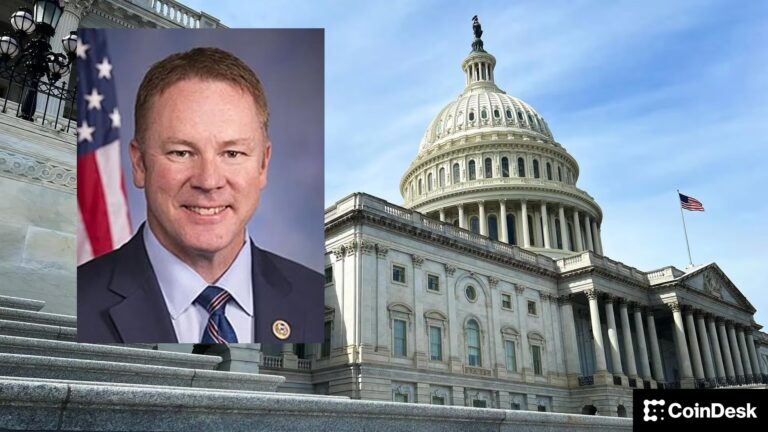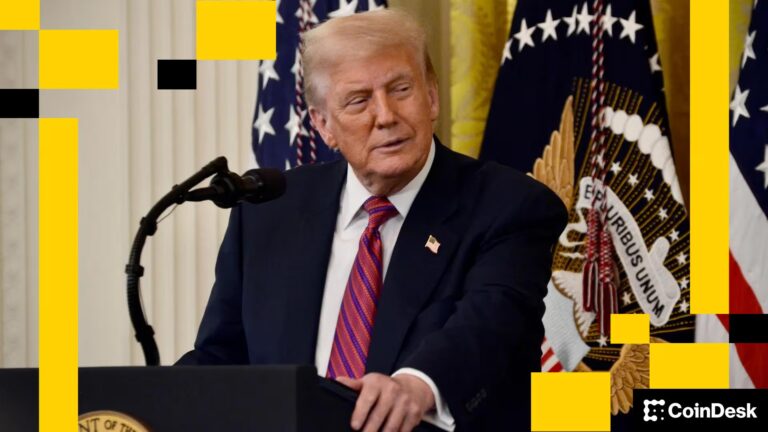Russia's Finance Ministry to Offer Cryptocurrency Trading to 'Highly Qualified' Investors: Report
Russia's Finance Ministry Plans to Organize Cryptocurrency Trading for 'Highly Qualified' Investors: Report
Finance Minister Anton Siluanov said that the exchange will “legalize crypto assets and remove cryptocurrency transactions from the informal economy.”
Author: Jamie Crowley | Edited by: Parikshit Mishra Updated: April 24, 2025, 8:52 PM Published: April 24, 2025, 10:24 AM
Basic information:
- The Russian Finance Ministry and the Central Bank are preparing to launch a cryptocurrency exchange for “highly qualified” investors.
- In March, Russia's Central Bank proposed allowing cryptocurrency trading under a pilot project known as the experimental legal regime (ELR).
- Since Russia lacks a centralized domestic cryptocurrency exchange, citizens have to turn to foreign platforms to buy and sell cryptocurrency.
Russia's Finance Ministry and the Central Bank are planning to create a cryptocurrency exchange for “highly qualified” investors, the Interfax news agency reported on Wednesday.
According to the information, the exchange “will legalize crypto assets and bring cryptocurrency operations out of the shadows,” Finance Minister Anton Siluanov noted at a meeting of the ministry’s board.
“Naturally, this will not happen within the country, but within the framework of operations permitted in the context of the experimental legal regime,” Siluanov noted.
In March, Russia's Central Bank proposed allowing cryptocurrency trading under a pilot project known as the experimental legal regime (ELR).
This project will concern highly qualified investors – a new category of investors, which includes individuals with investments over 100 million rubles (US$1.2 million) or with an annual income of over 50 million rubles (US$600,000).
The lack of a centralized domestic cryptocurrency exchange in Russia is forcing citizens to turn to foreign trading platforms to buy and sell cryptocurrency, something the Finance Ministry and the Central Bank are likely trying to address.
The central bank also proposed giving highly qualified investors access to derivatives and securities linked to digital assets, which do not involve the delivery of cryptocurrency to the investor but provide income based on its value.



